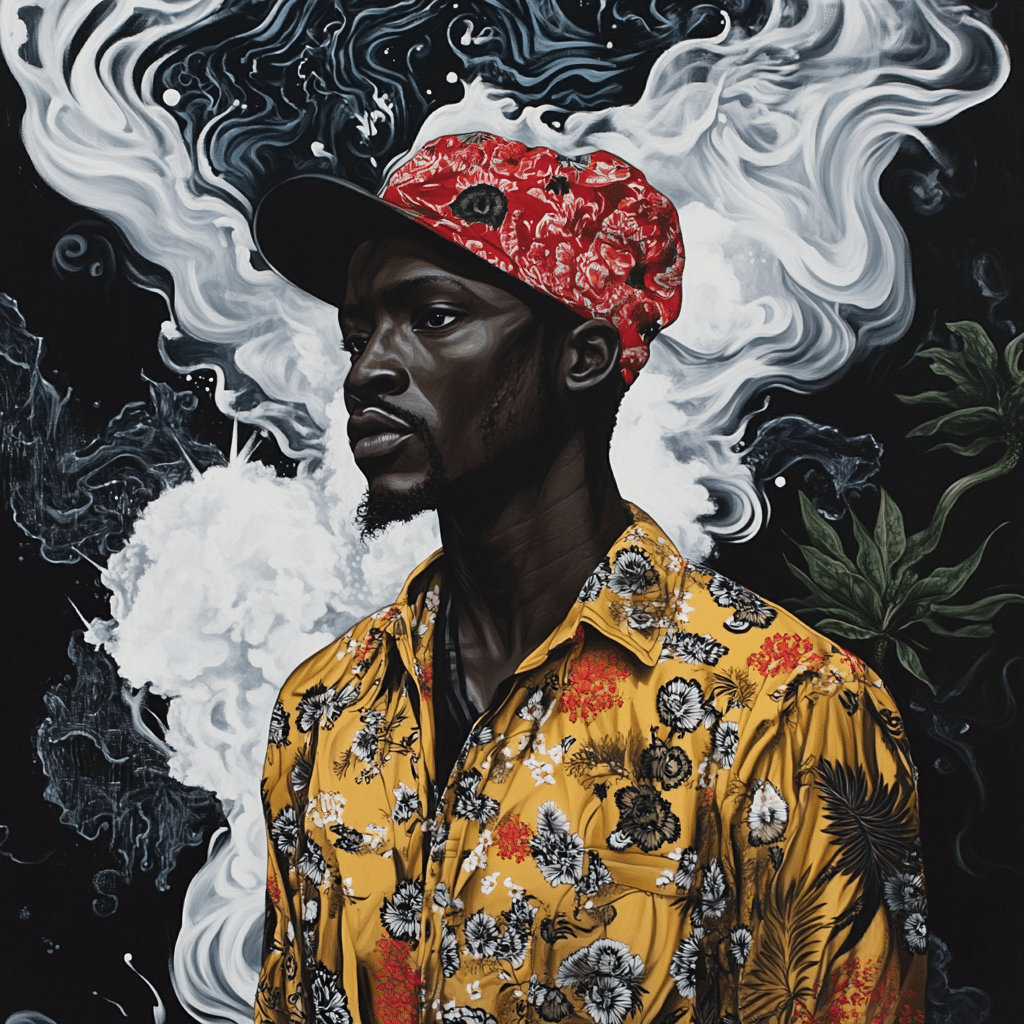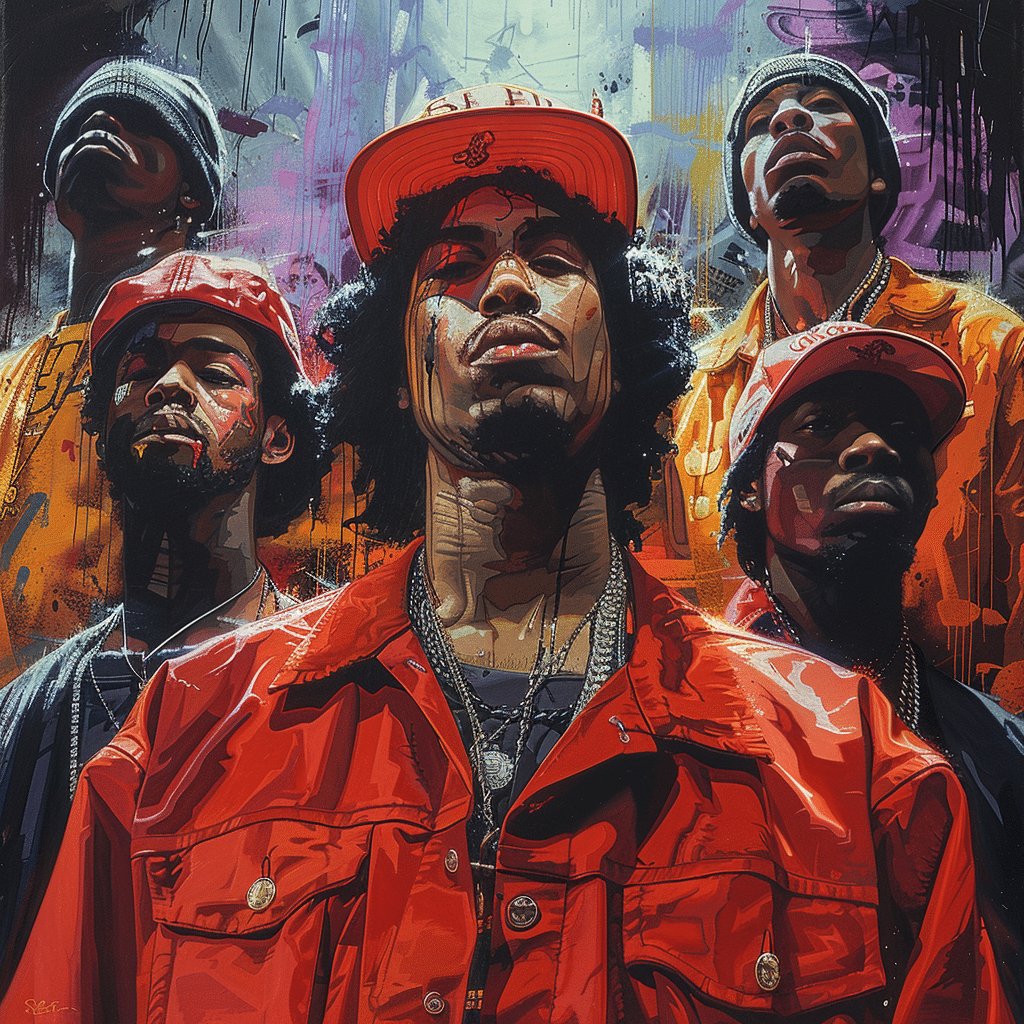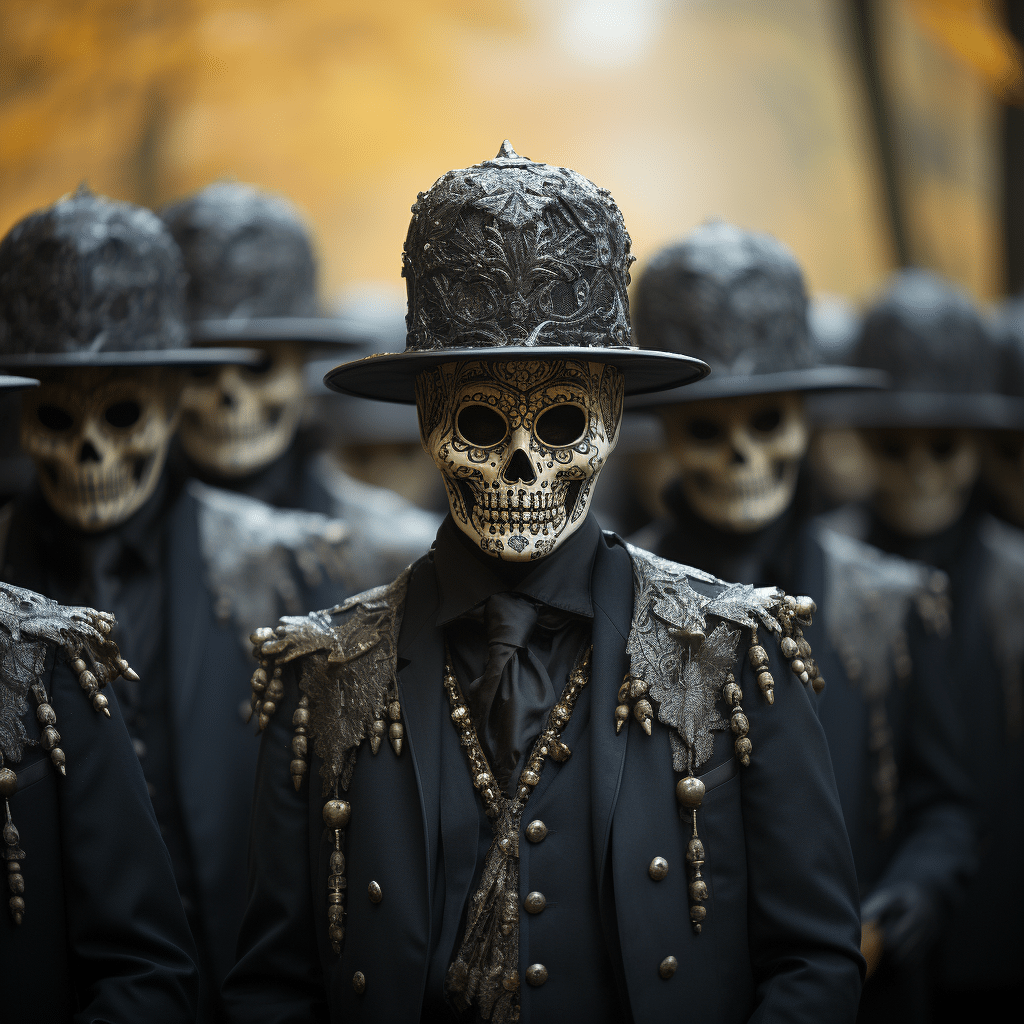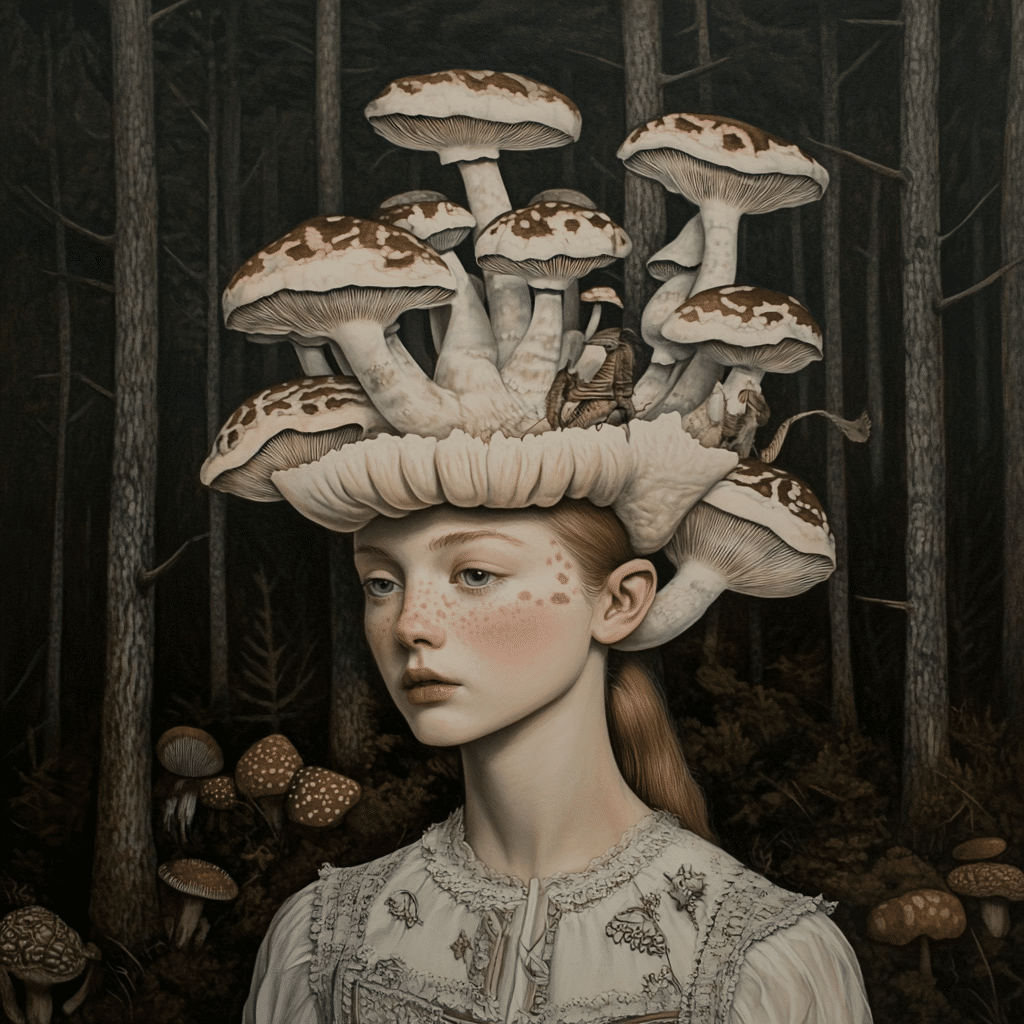The Enduring Influence of the King of Comedy
When you think of the King of Comedy, the name Jerry Lewis immediately springs to mind. His unique blend of slapstick humor, emotional depth, and undeniable charisma not only made him a household name but also reshaped the landscape of comedic performance for generations. Born in 1926, Lewis took the entertainment world by storm, pioneering a style that merged physical antics with poignant storytelling. His approach laid down a framework for comedic icons who followed, making it clear that laughs can come from both exaggerated antics and relatable narratives.
One of the most significant milestones in his career was his dynamic partnership with Dean Martin in the 1940s and 1950s. As the renowned duo Martin and Lewis, they became the dynamic yin and yang of comedy—combining Lewis’s uproarious slapstick with Martin’s debonair smoothness. This partnership not only entertained millions but also set the standard for future comedic duos. Think Matt Damon and Ben Affleck, who mirror that blend of contrasting styles and personalities.
Moreover, Lewis was no stranger to philanthropy. He became deeply involved with the Muscular Dystrophy Association (MDA), transforming the annual telethon into a nationwide spectacle. His relentless fundraising efforts raised over $2 billion for research and treatment, demonstrating how a celebrity’s influence can spark significant change. This unique blend of entertainment and charity became a template for future initiatives, showcasing how one person’s humor could help elevate an entire cause.
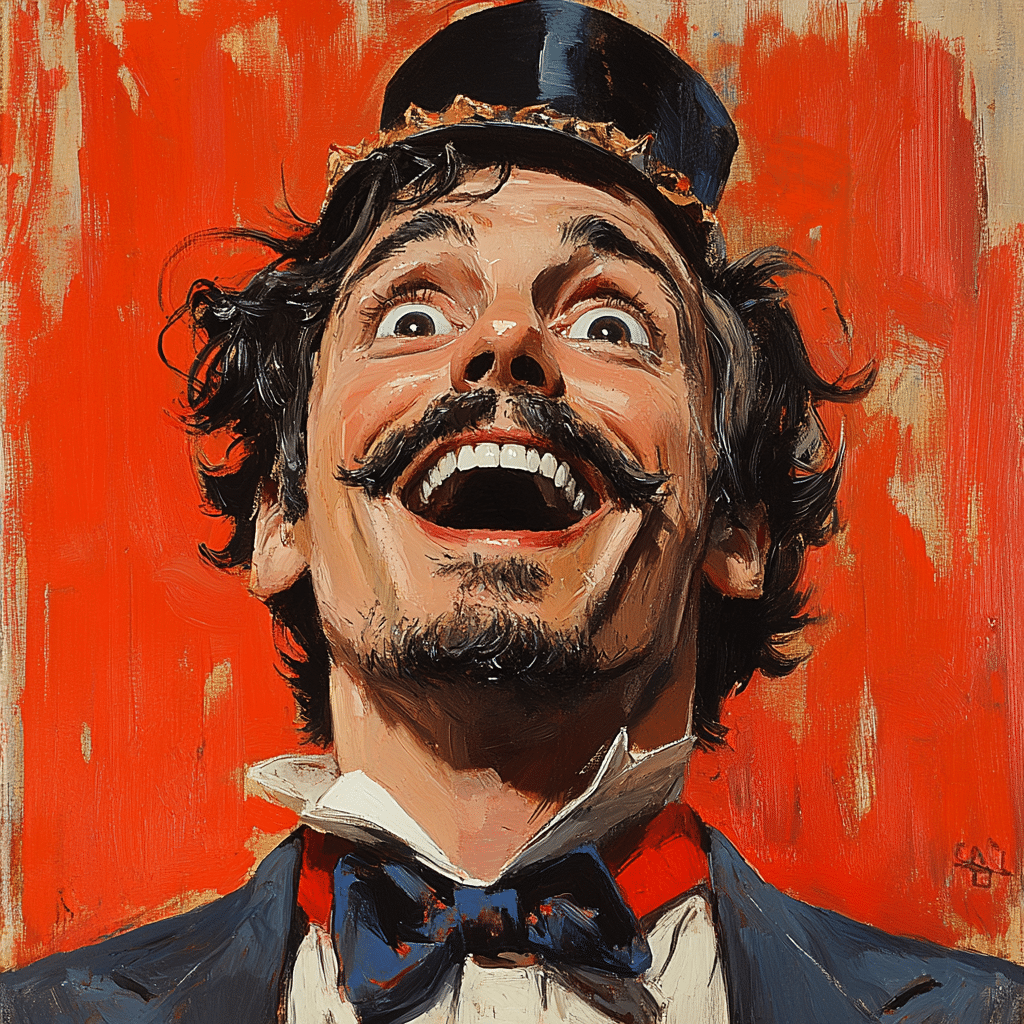
Top 7 Iconic Moments That Define the King of Comedy’s Legacy
1. Martin and Lewis Duo
The King of Comedy truly shined during his time with Dean Martin. Their comedic chemistry was electric, showcasing their complementary styles. Lewis’s over-the-top antics provided the perfect foil to Martin’s suave charisma, setting the benchmark for comedy partnerships that remain influential to this day.
2. The Nutty Professor (1963)
Lewis’s portrayal in “The Nutty Professor” was monumental. He took the concept of duality and wrapped it in laughter, exploring themes of identity and self-acceptance. This film not only showcased his mastery of physical comedy but also sparked numerous remakes, including Eddie Murphy’s hit version in 1996. The character of Professor Julius Kelp remains a cultural icon, influencing everything from “The Mask” to “Shallow Hal.”
3. Labor Day Telethon
Let’s talk about the Labor Day Telethon. Jerry Lewis turned it into a TV sensation, transforming how we view charity events. His efforts raised staggering amounts, creating a legacy that became essential viewing for millions. The telethon became a launching pad for future celebrity-driven causes, showing that laughter and compassion can go hand-in-hand.
4. Innovations in Comedy
When it comes to comedic techniques, Lewis broke new ground. He was a master of fusing sound and visual gags, using them in ways that made audiences roar with laughter. His influence can be traced directly to modern comedians like Robin Williams and Jim Carrey, whose performances draw on that same exaggerated playfulness that Lewis made famous.
5. Jerry’s Comedic Technique: Slapstick Meets Emotion
Lewis had a knack for blending physical comedy with heart. This ability to evoke both laughter and tears influenced actors like Adam Sandler, who continues to fuse humor with emotional beats in films like “Big Daddy” and “Click.” His work reminds us that comedy doesn’t have to sacrifice depth for laughs.
6. Directorial Contributions
Not just an actor, Lewis flexed his directing muscles with films like “The Bellboy” and “The Errand Boy.” He played with narrative structure and character development, inspiring future filmmakers like Judd Apatow. Apatow’s work, especially in “Knocked Up” and “The 40-Year-Old Virgin,” echoes Lewis’s balance of humor and character exploration.
7. Lasting Popularity and Cultural References
Today, the impact of the King of Comedy is unmistakable. References to Jerry Lewis frequently pop up in sitcoms and modern films. Shows like “Friends” capture the dynamics he perfected, creating moments that resonate with audiences familiar with Lewis’s work. Moreover, contemporary artists like Seth Rogen adopt a similar irreverent yet heartfelt style that echoes his influence.
The Complex Legacy of the King of Comedy
While Jerry Lewis brought endless laughter and joy, his legacy isn’t without its wrinkles. Some have debated his comedic style, especially regarding the portrayal of disabilities and whether his humor aged well. These discussions highlight the nuances of his impact—proving that comedy is as much about reflection as it is about humor. His ability to critique and provoke dialogue around sensitive issues remains a testament to his lasting influence.
As comedic styles evolve, today’s humor leans towards nuance and minimalism, often steering away from the grand slapstick that Lewis championed. Shows like “The Office” and “Parks and Recreation” present a more subtle form of comedy, marking a significant shift from Lewis’s era. However, the foundation he built is undeniable, reminding us that every comedic evolution owes something to the King of Comedy.
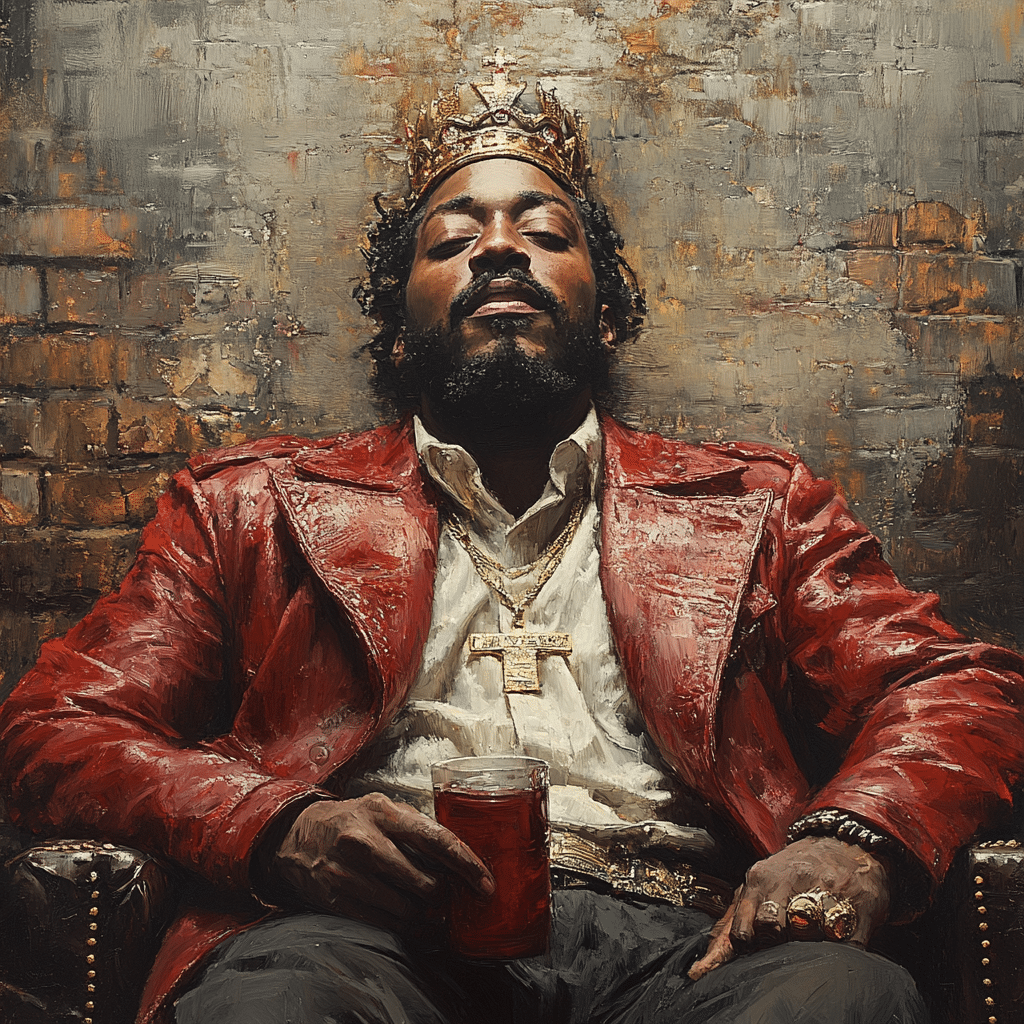
Jerry Lewis: A Legacy of Laughter and Reflection
Jerry Lewis leaves behind a legacy steeped in laughter and critical thought. His knack for storytelling, unparalleled wit, and philanthropic heart solidified his place as a comedic pioneer. More than just entertaining, he challenged audiences to reflect on the very nature of humor itself. The King of Comedy continues to inspire laughter while motivating deep contemplation about the responsibilities inherent in wielding such power.
Onward, into a future filled with humor, we carry the spirit of Jerry Lewis. He taught us that while comedy can create joy, it can also provoke discussion and reflect societal change. His legacy transforms many of us, pushing us to see humor as a bridge to understanding the world around us. Indeed, whether you’re chuckling at a sitcom or laughing through a film, you can bet Lewis’s spirit still resonates, ensuring his impact remains vibrant for generations to come.
For those of you feeling nostalgic, you might even want to revisit “Painkiller” on Netflix and check out its stellar cast, or loop back to some of his earlier works. And hey, if you’ve been considering a new wardrobe addition, how about some stylish Crocs Wedges or planning a trip to Cajun Palms for some fun in the sun?
So, the next time you laugh at a clever punchline or an outrageous gag, remember that behind it all lies the legacy of the King of Comedy—a legacy that continues to shape the very fabric of comedic performance.
King of Comedy: Jerry Lewis and His Unforgettable Legacy
The King of Comedy and His Influence
Jerry Lewis, often hailed as the “king of comedy,” reshaped the landscape of humor in film and television. His slapstick style, combined with a knack for physical comedy, made him a household name. Lewis didn’t just act; he also directed and produced films that showcased his orignal vision. His works paved the way for future comedians, as many of today’s entertainers, from Jim Carrey to modern icons, credit their inspiration to the king of comedy.
Now, let’s sprinkle in a bit of trivia! Did you know Lewis shared a fascinating connection with the world of serious art? In 1970, he collaborated with legendary actors and a celebrated filmmaker, which created a hilarious contrast to some Ken Burns Documentaries where serious themes are tackled. Also, his production company helped launch the careers of many, just as new talents like Joshua Bassett continue to emerge in today’s entertainment scene.
Lewis’s Unforgettable Contributions
Throughout his career, Jerry took on essential roles that tackled social issues, stemming beyond mere laughter. For instance, his heartfelt stances on muscular dystrophy led to annual telethons that raised millions for research. This philanthropic endeavor reflects a deep commitment to bettering lives, echoing today’s concerns regarding health and well-being—topics that resonate with viewers who enjoy gripping stories like those featured in Painkiller on Netflix, which discusses serious themes relevant to many people.
Intriguingly, Lewis’s work also mirrored aspects of changing times, not unlike the fluctuations we see in interest rates today for mortgage 30-year fixed loans, which directly impact homeownership dreams across the country. Just as comedians adapt their material to reflect societal shifts, Jerry’s legacy encapsulates moments that stood the test of time, blending humor with poignant messages.
A Personal Touch to Comedy
Beyond his on-screen antics, Jerry’s personal life revealed complexities that many fans admired. As a performer, he often incorporated his real-life experiences into his routines, making them relatable and engaging. Interestingly, in a music world dominated by performers like Key Glock, the emotional depth of Lewis’s comedy still informs the narratives found in modern songwriting, including heartfelt tracks, such as “All I Wanted” by Paramore, which connect to the audience’s emotions.
This unique blend of skill and sincerity reflects the very essence of what it means to be the king of comedy. He didn’t just seek to make people laugh; he wanted to create a lasting impact. Jerry Lewis’s legacy is a testament that laughter, combined with empathy and understanding, can transcend generations, making him an unforgettable figure in the annals of entertainment history.
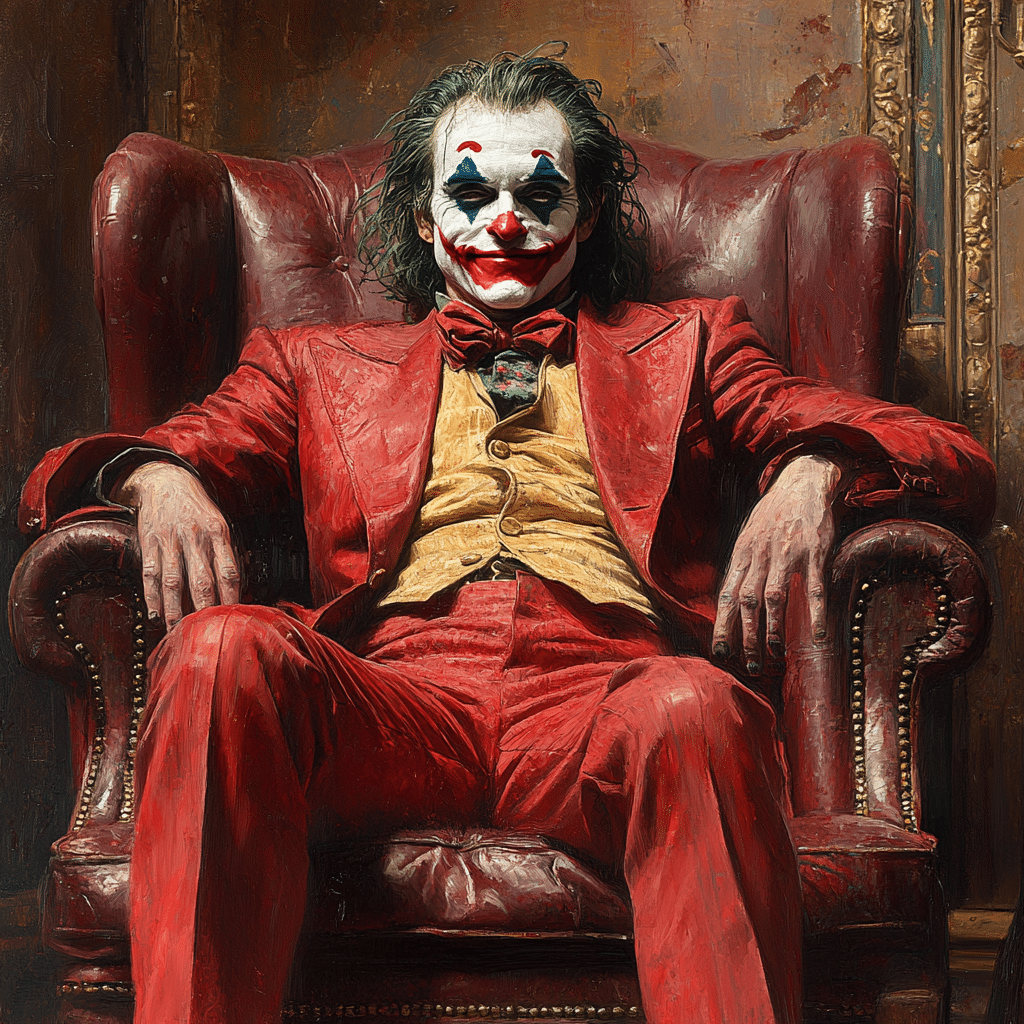
Who is known as The King of Comedy?
Jerry Lewis is often known as The King of Comedy, especially for his role in the 1982 Martin Scorsese film that features themes around fame and obsession.
Is Joker a copy of King of comedy?
While Joker shares some elements with The King of Comedy, like the exploration of a troubled character, it doesn’t directly copy the earlier film and focuses on different themes altogether.
Why did King of comedy flop?
The King of Comedy flopped primarily due to its stark visual style and its dark tone, which didn’t sit well with audiences at the time, leading to mixed reviews and disappointing box office numbers.
Is The King of Comedy a masterpiece?
Many consider The King of Comedy a masterpiece today, especially among fans of black comedy and Martin Scorsese’s work, praising its sharp writing and performances.
Who is the best comedian in the world?
There’s a lot of debate about who’s the best comedian in the world, but legends like Robin Williams, Richard Pryor, and modern stars like Kevin Hart often come up in that conversation.
Who is known as King of acting?
While some might call Marlon Brando the king of acting, many also consider Robert De Niro and Al Pacino as top contenders for that title due to their legendary performances.
What is Joker a copy of?
Joker takes inspiration from several sources, but it’s not simply a copy of any one film; it weaves elements from various ideas, including the storylines of The King of Comedy and Taxi Driver.
What movies were inspired by The King of Comedy?
The King of Comedy has inspired several films over the years, particularly in the realm of dark comedies, including movies that explore obsessive fame and the struggles of aspiring comedians.
Was Travis Bickle delusional?
Travis Bickle, the protagonist in Taxi Driver, is often seen as delusional due to his distorted view of reality and obsessive behaviors that stem from his struggles with mental health.
What movie is the biggest flop of all time?
There’s some debate on what qualifies as the biggest flop of all time, but films like “John Carter” and “The Lone Ranger” are often mentioned due to their high budgets and low returns.
Who is 4 king of comedy?
The title of “King of Comedy” doesn’t have a definitive holder, but it’s often used in pop culture to refer to iconic comedians who have left a mark on the industry, like Jerry Lewis or other influential figures.
Is the King of Comedy disturbing?
The King of Comedy can be disturbing for some viewers due to its dark humor and the way it tackles themes like obsession and loneliness, making for an uneasy viewing experience.
Is Charlie Chaplin The King of Comedy?
While Charlie Chaplin is an iconic figure in comedy, he’s not specifically known as The King of Comedy; he is, however, one of the most influential comedians in film history.
Is The King of Comedy based on a true story?
The King of Comedy isn’t based on a true story but reflects the darker side of fame and the lengths people will go to for recognition, drawing on elements of reality in show business.
How does The King of Comedy end?
The movie ends with Rupert Pupkin achieving his dream of fame but leaves viewers questioning the true cost of that success, hinting at the emptiness that accompanies fame.

